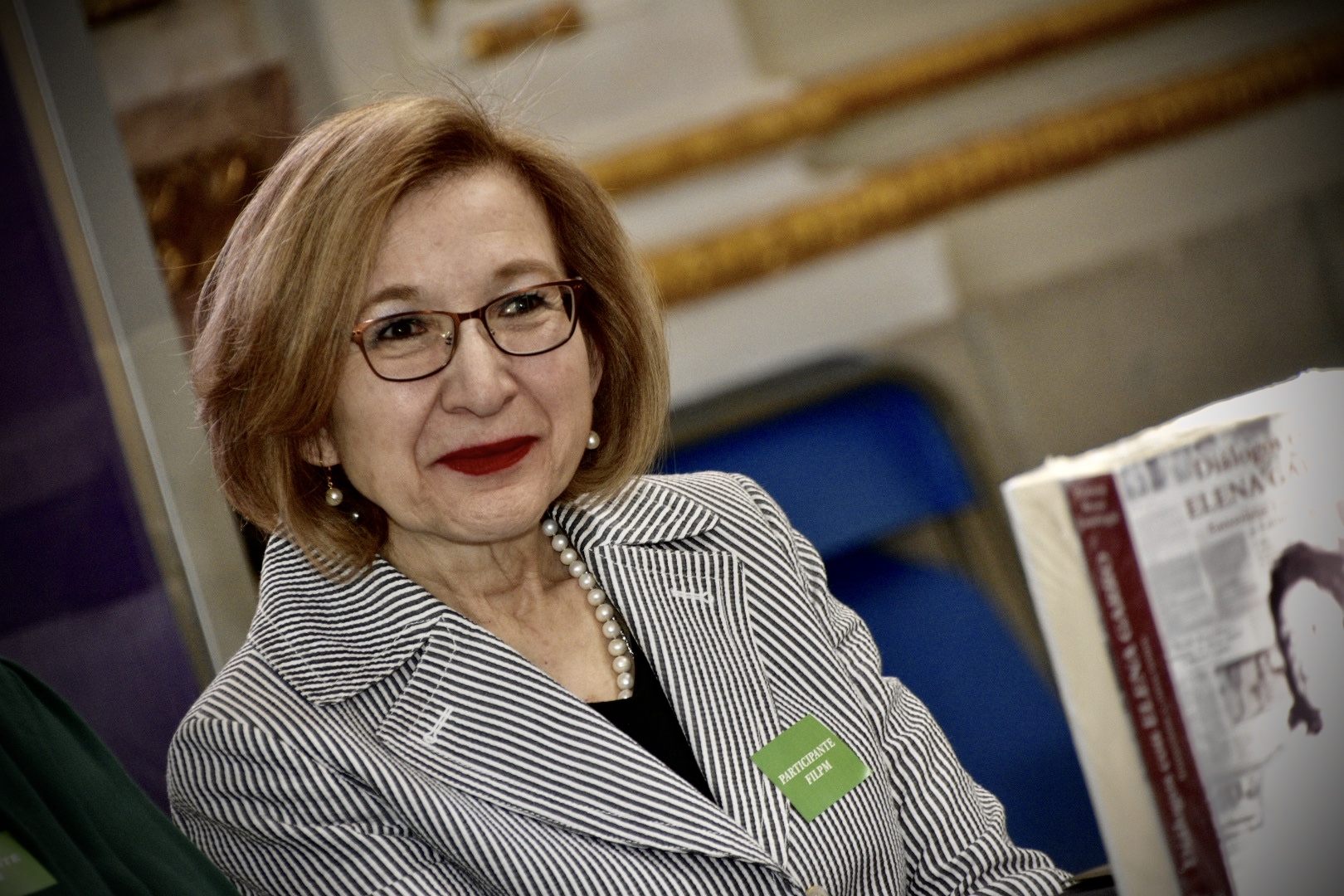Faculty Spotlight: Dr. Patricia Rosas Lopátegui
April 13, 2020

Dr. Patricia Rosas Lopátegui is an Assistant Professor in the Department of Chicana and Chicano Studies. Her areas of interest include Spanish American Literature, Luzo-Brazilian Literature (1986-1990), and Preservation and Publication of Mexican women authors, especially, Elena Garro.
What region or population of Latin America or Iberia do you study? Why?
México, because I was born in Tuxpan, Veracruz, México. I have always been engaged in the Humanities of my home country as a key interest during my education. One of my goals as a professor was to bring the old México to the students here in New Mexico, and teach them Mexican literature, culture, and gender, as well as the similarities and differences between these two magical places.
What has been your path to becoming a professor?
When I became a college student, my father wanted me and my older siblings to quit university and to get jobs to help pay for expenses in our household, but my mother responded with "My children are going to get a good education! They are going to have the opportunity that I didn’t have!" Since that beginning, I have always found it important to improve myself systematically through education and insight into my own life and culture that directly enriches what I bring to my classes as a professor.
What motivates you in your current work/research?
Currently, there are several motivating elements that I can identify: 1) I want to finish all of my projects and have them published because I feel like I am running out of time, and I have many great ideas left to manifest; 2) I feel that women are still oppressed in all modern societies to a degree, especially in Mexican contemporary culture. My work analyzes multiple women authors who were pioneers in the women right’s movement in México, and I believe this work from 70 years ago is critical to helping the gender equality movement today; 3) Enriching the quality of my teaching and supporting previous research.
Who is a Latin American/Iberian role model that inspires you?
The person who has inspired me is also the same person I have dedicated my entire academic career to: Elena Garro. She was a victim of a male-dominated culture and worse, she experienced this firsthand in her own personal life with her abusive, dominating husband, Octavio Paz. Octavio, by marrying her, was able to incorporate her fast-rising reputation into his evergrowing fame. However, Elena proved not to be a small-minded, subordinate wife by attempting to publish her own work at the disapproval of Octavio Paz.
Their discrepancies grew when Elena defended the poor, indigenous people and Octavio threw his weight behind the conservative, corrupt Mexican government which gave no respite to the native people. This led to Elena Garro, along with her colleagues, being accused of causing the 1968 Tlatelolco Massacre, resulting in her fleeing for her life to the U.S. and later Europe after being persecuted by the Mexican secret police.
While Elena Garro may not have won against the establishment in México, she wasn’t destroyed entirely either; she resisted them by leaving behind her work on true social justice, indigenous rights, and gender equality. Her beautiful, avant-garde ideas and writing defied an overwhelming, monstrous foe, which inspired me to dedicate the primary focus of my academic career on her work, and motivated me to bring her back to life for this current and future generations.
Parting advice for young scholars:
Be yourself, be sure of your own insight enough to research your ideas, no matter what conflicts from culture or politics arise. Don’t be afraid to go against the status quo. Explore what you’re interested in and see if anything sparks a passion within you, and once you find it don’t be afraid to pursue it, along with all the difficulties you will face. Many say that the satisfaction of finishing a project is what motivates you to continue your work, but you also have to enjoy the journey while you’re on it, otherwise, you’ll never reach the end.
